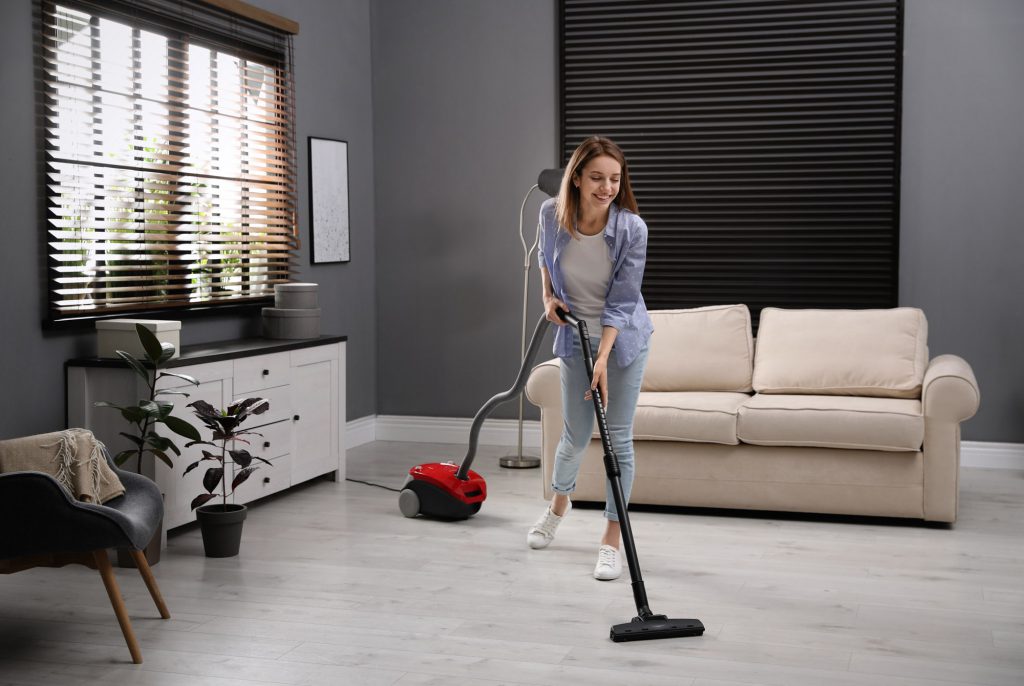A vacuum isn’t designed to last forever. And while taking care of it, cleaning it, and maintaining it can greatly increase its lifespan, it can make it immortal. At some point or another it is best to stop wasting money on upkeep and upgrade to a newer vacuum. But when is the right time to call it quits on your current vacuum? And how do you maximize the value of your vacuum before switching over to a new one? In this article, we will cover signs that it is time to start looking for a new vacuum. If you live in the Plymouth area and are interested in learning more about vacuums for sale, vacuum maintenance, and spare parts for vacuums, give us a call.

How Long Does The Average Vacuum Last?
Based on consumer reports, the average vacuum can last around eight years. But there are too many factors that affect that number, leading to a very wide range of possibilities. If you don’t vacuum often, or if you live in a small one-bedroom apartment and don’t need to use your vacuum for long periods of time, your vacuum will likely last longer. However, if you are vacuuming on a weekly basis and own a larger home, this can decrease your vacuum’s lifespan significantly. Regardless, if you have owned a vacuum for the better part of a decade and you are starting to notice issues when vacuuming, you should consider looking into a new model.
How Does Repairing Your Vacuum Factor Into Vacuum Lifespans
If you have owned a vacuum for under five years but it gets damaged, it might be worth looking into repairs. For instance, if a tube cracks or has a pinhole leak, you can always get that individual tube replaced. Or if there is an issue with the wire or plug, there are vacuum repair companies that can help you fix/replace the wiring. Generally speaking, you should look into the specific costs of repairing a vacuum and weigh them against the costs of buying a new vacuum. Consider how many months/years your repaired vacuum will likely last and then divide the total cost of repairs by that to see how much you are potentially saving in repairing a broken vacuum instead of replacing it.
What Should I Do If My Vacuum No Longer Works?
If your vacuum suddenly stops working and it is a newer vacuum, don’t immediately throw it away. There are a few things to check for before you throw away a perfectly fine vacuum cleaner. Drive belts often cause issues because they get loose, come off the track or even deteriorate over time. Replacing a drive belt is relatively inexpensive and can add years to your vacuum’s remaining usefulness. If you haven’t cleaned your vacuum before, you should consider having that done professionally. A deep clean can do a lot for a vacuum and keep it running long term. Additionally, air filters can be replaced relatively cheaply and so can hoses.
If you live in the Plymouth area and have an issue with your vacuum or in the market for a brand new vacuum, come visit us at our storefront or give us a call for more information!